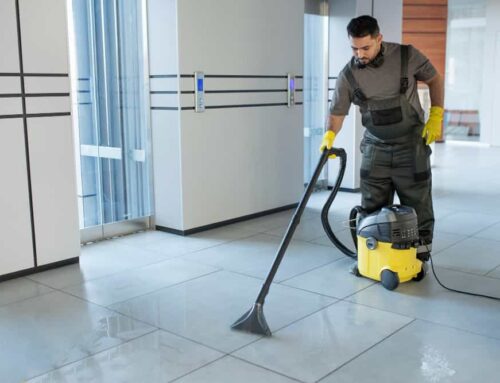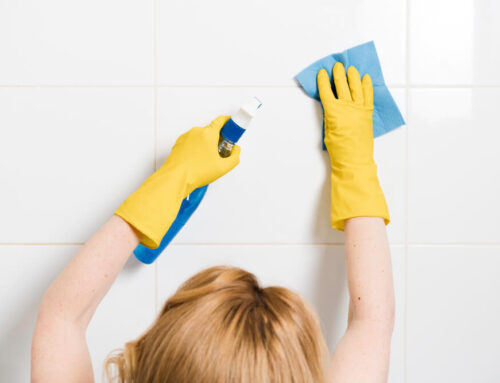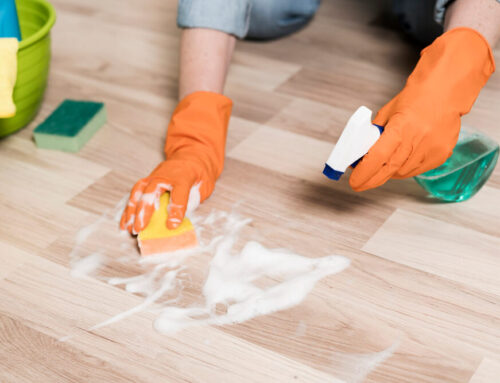There are a few common mistakes that you can avoid when cleaning your tile and grout. Don’t use steel wool or metal scouring pads because these can leave permanent marks on the tile. They can also scratch the tile. To avoid these mistakes, use a high-alkaline mop instead. A high-alkaline mop is more effective at removing dirt and grime than a dry mop, which can damage the tile.
Wet mopping
The water from a wet mop contains large amounts of dirt and other particles. This dirty water is difficult to rinse, causing dirt to settle into the grout. It also leaves a sticky residue that will discolor the grout and cause discoloration. To avoid this mistake, avoid wet mopping and use a high-alkaline mop instead.
Another common mistake when mopping tile is wet mopping. Leaving the tile wet for too long after mopping will cause the tile to crack and become damaged. This can lead to more costly restoration work.
Using harsh chemicals
Using harsh chemicals for grout cleaning can be damaging to the surface of the tile and grout. Bleach and other disinfectants are common ingredients in these products. If you misuse them, they can damage the tile or grout. You should use thick gloves and ventilation space when using such chemicals. Additionally, these products may not be safe for use in food preparation areas, so take the proper precautions to protect yourself and your home.
Some cleaning products may contain high levels of phosphates, which are known to irritate humans and impact aquatic life. These chemicals help soften water and cut through soap scum. Still, their high levels of cleaning products can damage the environment. Because of this, regulations have been introduced in the U.S. to restrict the use of phosphates in cleaning products.
Bleach can be effective in killing most bacteria and mold in the grout. However, this chemical must be removed from the surface, as it can leave behind residue. This residue can cause further discoloration and may even lead to mold growth.
Using abrasives
You may be tempted to use gritty cleaning products when cleaning your tile floors. However, abrasives can damage the surface of your tiles. For example, they can scrape off the seal that prevents dirt and grime from penetrating the grout. That means your tiles are less resistant to dirt and grime, so using products specifically designed for tile and grout cleaning is essential.
You should also be aware that water can saturate the grout and cause it to lose its grip on your tiles. In addition, if you have old flooring, water can seep underneath the tiles, causing mold to form. While this water may help clean the grout, it’s not as effective as you think.
Fortunately, other natural cleaners for tile and grout don’t contain harsh chemicals. For instance, vinegar is mildly acidic, which will dissolve surface grime. It also helps with removing soap scum and hard water stains. Using vinegar is safe for tile and grout, but it’s best to use white vinegar. Salt, on the other hand, is a mild abrasive that will eliminate dark stains and restore the grout’s original appearance.
Using bleach
If you’re having trouble cleaning your grout, you can try a solution of oxygen bleach and warm water. The bleach should be sprinkled over the grout joints and allowed to soak for at least 10 to 15 minutes. Then it would be best if you rinsed with clean water. While the oxygen bleach solution works well for cleaning grout, it may not be suitable for use on colored grout.
Bleach fumes are caustic, and contact with them can cause rashes, burns, and other ailments. You should seek medical attention if you feel any irritation in your skin. This is especially true if you have children or pets since bleach can harm their respiratory systems and cause irritation.
An excellent way to clean grout is with Clorox bleach. You should shake the bottle before use and choose a tip that fits the size of your grout. Then, use a cloth or paper towel to scrub the bleach into the grout. After a couple of minutes, you can rinse the bleach off.






